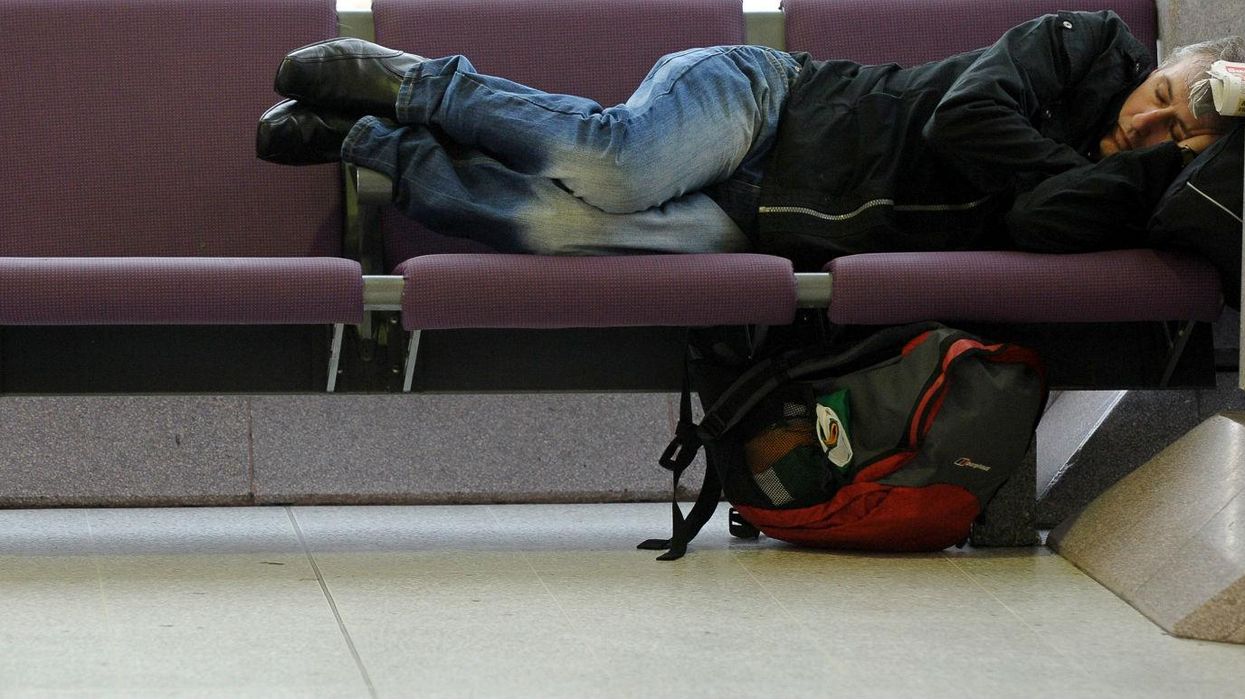News
Narjas Zatat
Apr 24, 2016

Photo:b Paul Ellis / Staff/Getty
A new study suggests that the reason we are unable to sleep in new places is due to a residual survival instinct.
Sleep scientists Masako Tamaki and Yuka Sasaki from Brown University studied a number of sleeping brains and found that, when in a new environment, only half of your brain is actually asleep, whereas the other half – the left hemisphere to be specific - remains active.
Named the First Night Effect (FNE), their study was not the first to look at this sleep disturbance, but theirs is one of the first studies that may be answering the why.
The experiment found the people who were sleeping in an unfamiliar place were more prone to react to “deviant external stimuli,” sounds that the brain may perceive as a threat in the new environment, such as unfamiliar creaks in a new house, traffic outside, or a dog barking.
Whales and dolphins have a similar system that means they can protect themselves from a threat quickly upon waking.
Sasaki said:
We know that marine mammals and some birds show un-hemispheric sleep. Our brains may have a miniature system of what whales and dolphins have.
HT: Popsci
Top 100
The Conversation (0)













